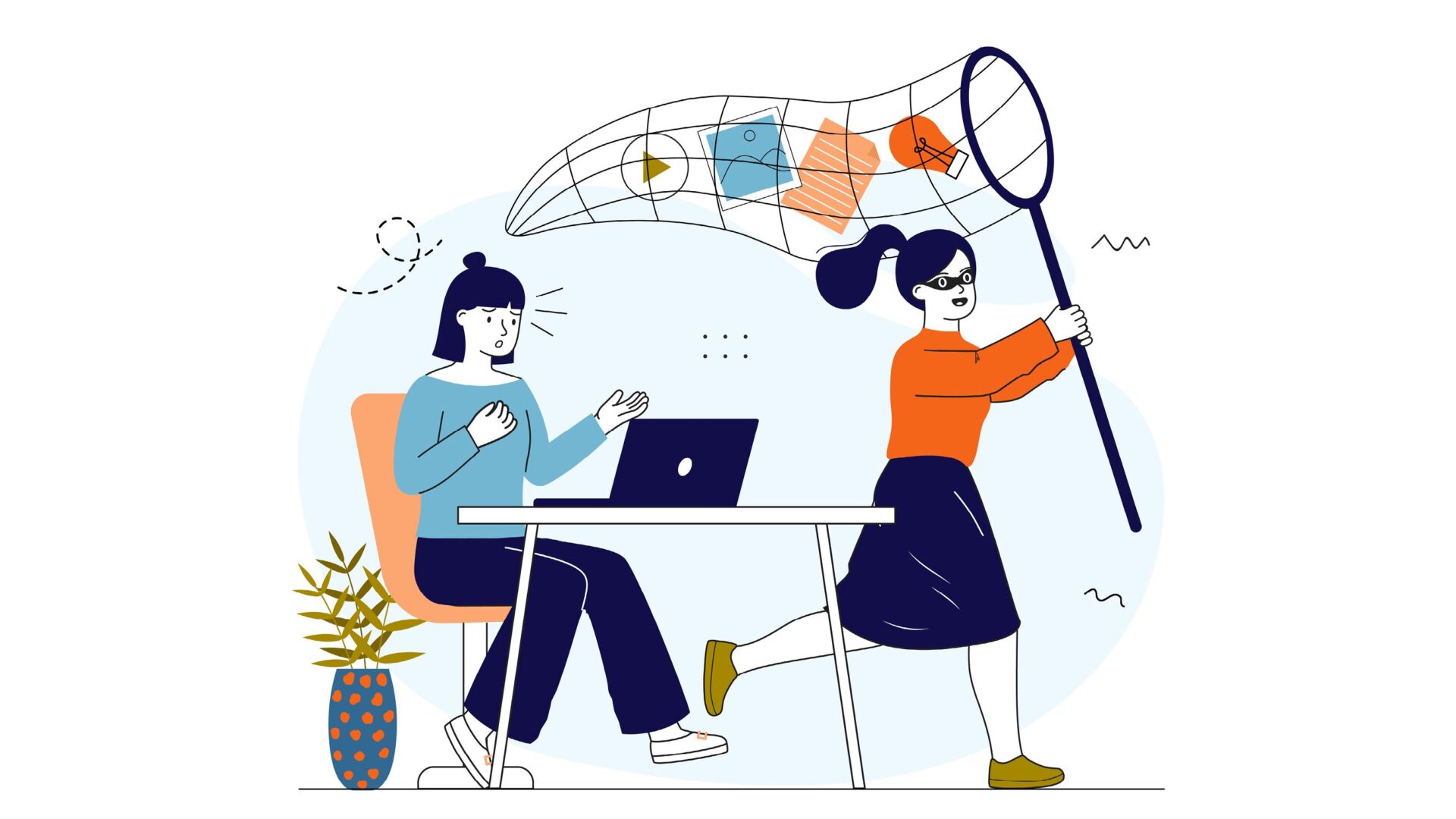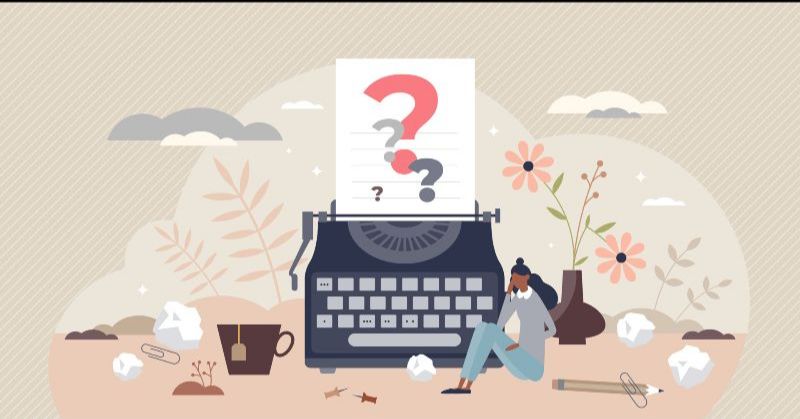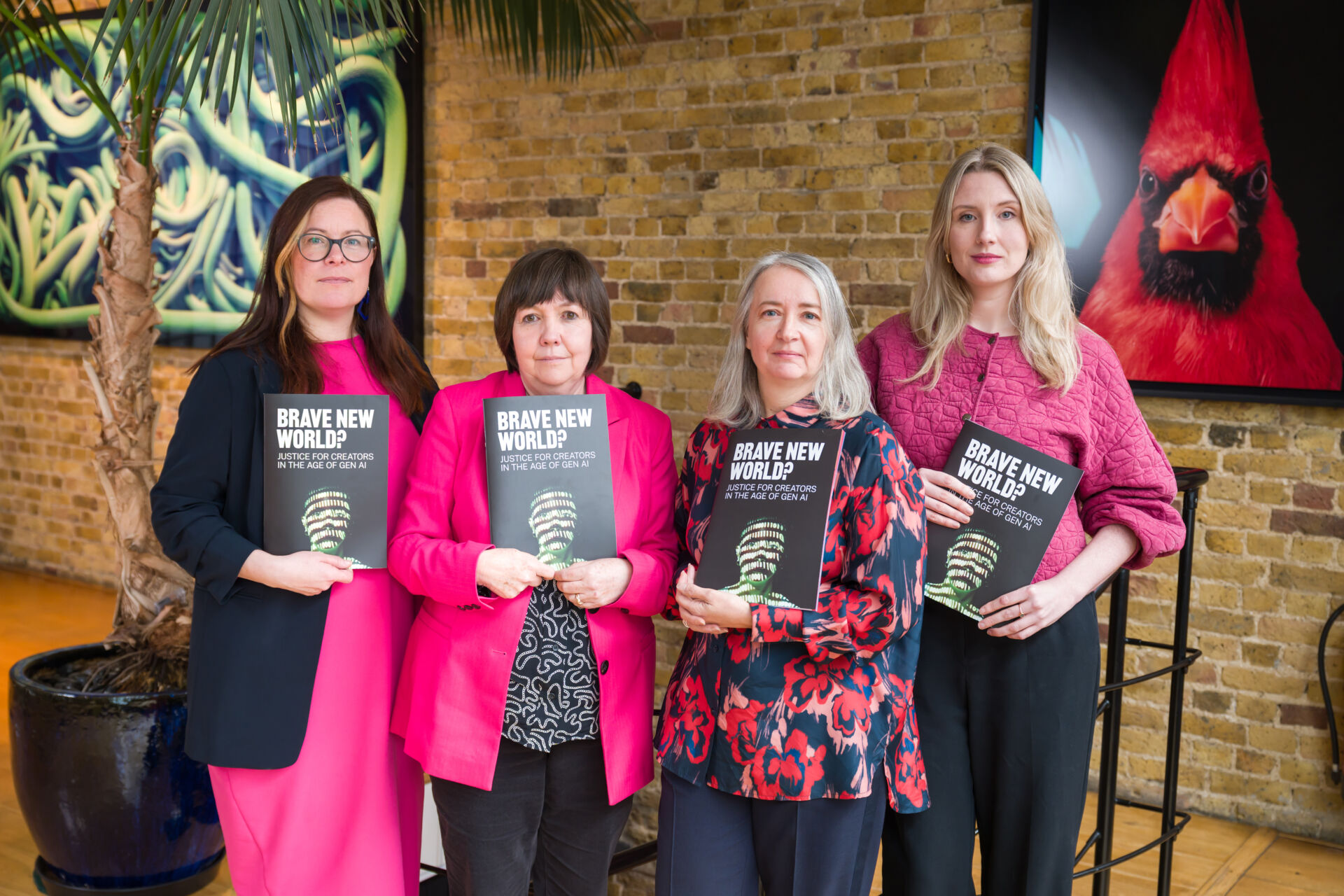A little over a year ago, the SoA published the results of a survey of its 12,500 members which highlighted their concerns about the future impact of generative artificial intelligence (AI) on their careers as writers, translators and illustrators.
The responses from our translator members made particularly sobering reading. Almost four in ten translators (36%) said they had already lost work due to generative AI and nearly half said that AI had decreased their income. They feared that far worse was to come with over three-quarters of translators (77%) believing that AI would negatively impact their future income.
Those fears appear to have borne out by a number of alarming developments since the survey results were published. Audible has recently announced plans to use AI voices to narrate audiobooks and that that they will shortly be rolling out AI translation from English to Spanish, French, Italian and German. More concerning still, Audible says that it will offer two translation “pathways”: text-to-text translation for manuscripts for which publishers can opt for AI narration, and speech-to-speech translation. The devasting impact this will have on translators is clear given that Audible, being the largest audiobook retailer in the world, dominates the market for the retail distribution of audiobooks, accounting for 70% of all sales of audiobooks in the UK.
Audible’s announcement follows the revelation towards the end of last year that the Netherlands’ largest publisher, Veen Bosch & Keunin, which was bought by Simon & Schuster in May, had announced plans to use artificial intelligence for English-language translations and the news in March that Taylor & Francis will be further expanding their AI assisted book translations.
Regrettably, it appears that translators, along with other creators, cannot turn to the government for support. The Data (Use and Access) Bill has now been passed without amendments which were repeatedly introduced by the House of Lords to introduce provisions that would secure greater transparency from AI firms to disclose whether they have trained their large language models on copyright protected works. Whilst the government claimed to recognise the economic and cultural contributions of the UK’s world-leading creative industries when it announced its consultation on Copyright and AI Intelligence last year, its attitude towards the bill suggests that the creative industries must themselves campaign vigorously to safeguard the rights and livelihoods of creators.
The Translators Association has therefore launched a campaign to emphasise the importance of human translation. The statement at the heart of the campaign can be read below and we are inviting all our author members to add their support by expressing, in their own words, how the craft of human translation cannot be replicated by AI machines. As part of the campaign, we will be reminding publishers of the strength of feeling across the industry and that human translators must continue to be recognised and valued for their expertise and for bringing books to new audiences and territories.






